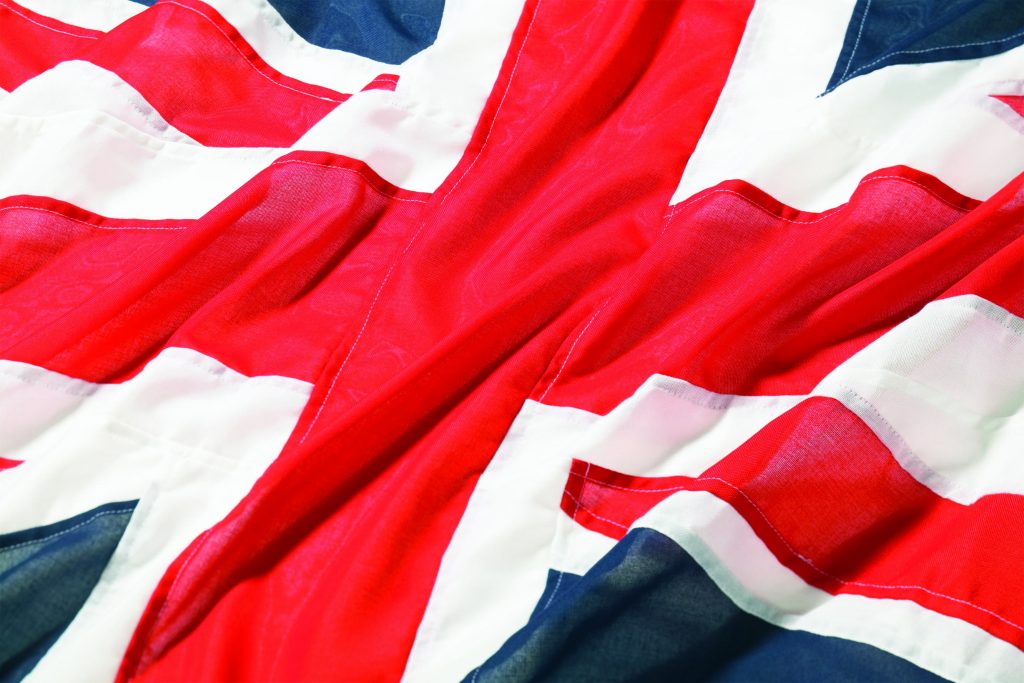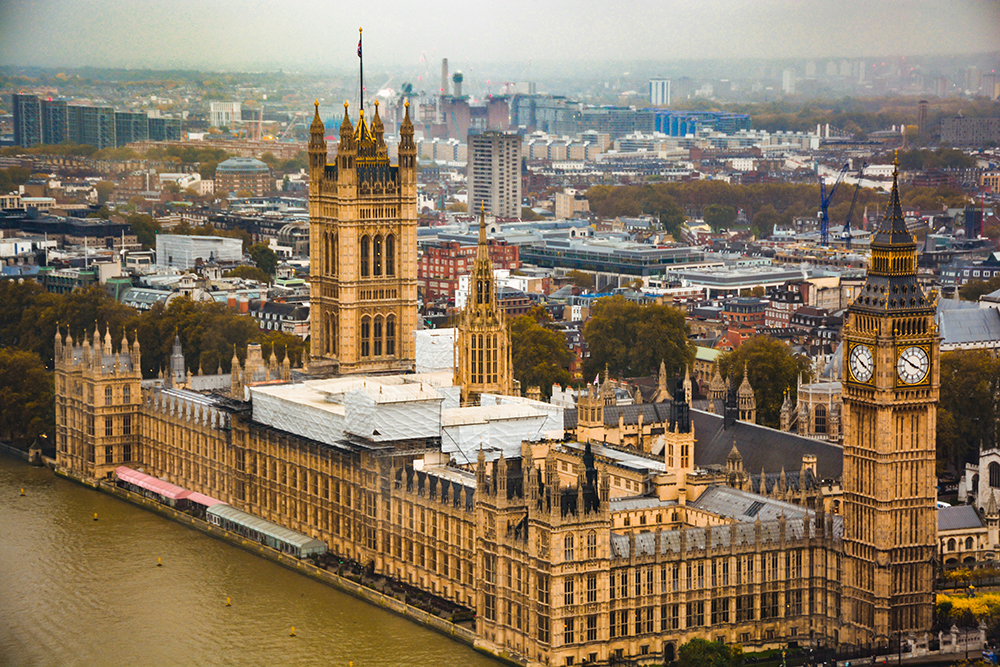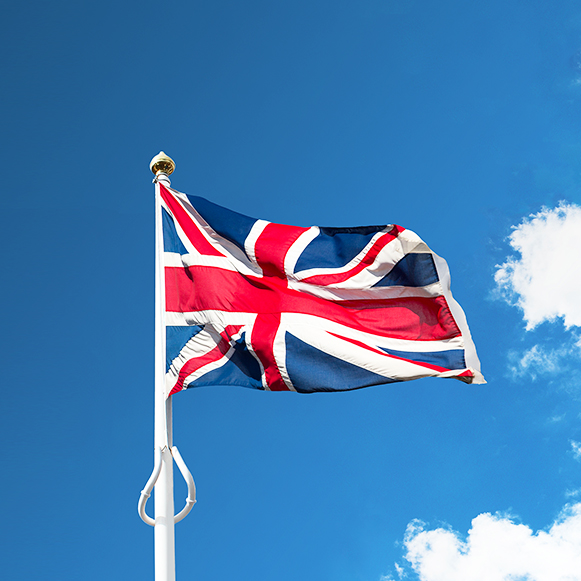

X
This site uses cookies. By continuing to use this site you agree to our use of cookies. To find out more, see our Privacy Policy and Cookie Policy.

The Union Flag, or Union Jack, was created in 1606, combining the flags of England and Scotland, and was updated in 1801. Since then has been the national flag of:
In the UK, the proud tradition of flying flags holds a special place in the hearts of many. From historic landmarks to private residences, flying the Union flag symbolises national pride, commemorations, and moments of significance.

UK government buildings are now encouraged to fly the Union Flag all year around. But, by command of His Majesty King Charles III, there are designated days when the Union Flag must be flown. Flag Flying Days are specific dates that allow individuals and organisations to mark important occasions, celebrations, and remembrances. These days are a blend of historical, cultural, and national events that hold significance for the country and its people. The guidance is unofficially extended to all other buildings and organisations that display the Union Flag.
Designated days for flying the Union Flag on UK government buildings include (as of 2024):
1 March: St David’s Day (Wales)
11 March: Commonwealth Day (second Monday in March)
17 March: St Patrick’s Day (Northern Ireland)
9 April: His Majesty’s Wedding Day
23 April: St George’s Day (England)
6 May: Coronation Day
15 June: Official Birthday of His Majesty The King
21 June: Birthday of The Prince of Wales
17 July: Birthday of The Queen Consort
15 August: Birthday of the Princess Royal
8 September: His Majesty’s Accession
10 November: Remembrance Sunday (second Sunday in November)
14 November: Birthday of His Majesty The King
30 November: St Andrew’s Day (Scotland)
Flags should also be flown
Even if HM The King doesn’t perform the ceremony in person, the guidance applies and the flags should be flown.

While the act of flying a flag is a patriotic expression, there are protocols and etiquette to be observed. Flag protocols include guidelines on the correct way to display the Union Jack alongside other flags. There are also specific rules for half-masting as a sign of mourning or respect.
Where UK government buildings only have one flagpole, the Union Flag should be flown every day. This is with the exception of certain occasions when you may wish to fly other flags. These may include:
Where UK government buildings have more than one flagpole, two flags can be flown. The Union Flag must always be flown in the superior position. This is either the highest flagpole or the most central flagpole. In the case of an even number of flags, it should be flown on the pole left of centre.
The default should be to fly the Union Flag, if no other flag is being flown. Government building flagpoles should not remain empty.

On Remembrance Sunday, the Union Flag is to be flown at half-mast. This is to honour the sacrifices of those who lost their lives in conflicts. This powerful gesture serves as a visual tribute to the nation’s fallen heroes.
The flying of flags is a symbol of patriotism, unity and community spirit. There are many reasons for having official (and unofficial) designated flag flying days.
Government agencies, local councils, and community organisations often encourage public participation by providing information on upcoming events and flag protocols. Ways for individuals to get involved are also encouraged.
Flag Flying Days offer educational opportunities for schools and communities. Teachers can incorporate the significance of these days into curriculum activities. This fosters a sense of civic pride and historical understanding among students. These children are the adults of tomorrow and their civic pride and understanding should carry through.
In a multicultural and diverse society, Flag Flying Days also acknowledge the importance of inclusivity. Efforts are made to celebrate events that reflect the cultural diversity of the UK. This ensures that the tradition resonates with people from various backgrounds.
Flag flying days in the UK serve as a rich display of tradition, symbolism, and shared identity. As flags fly on specific dates, they tell stories of resilience, remembrance, and celebration. Understanding and participating in Flag Flying Days honours the nation’s history. It also strengthens the sense of community and shared values that define the United Kingdom.